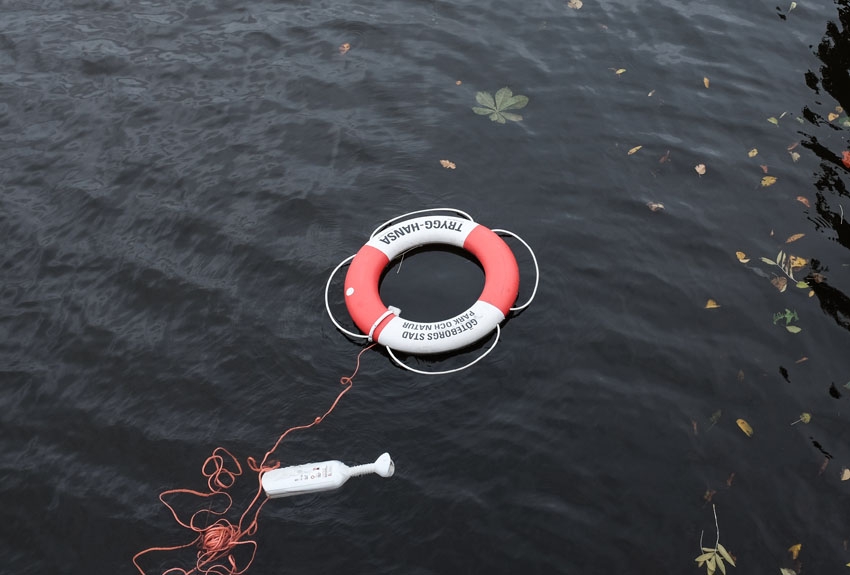When caring for someone with a mental illness, there may be times when their health deteriorates to a point that immediate support is required. This may be because they have developed suicidal thoughts or are perhaps so agitated that they may be a risk to others.
When this occurs, it is best to contact a specialist service that is able to assess the situation and help you to decide on the best course of action. This is called a mental health team or the crisis assessment and treatment team (CATT) depending on your area.
The mental health team is a multi-disciplinary team of psychologists, psychiatrists, social workers and psychiatric nurses who provide assessment and support for people who are in a mental health crisis - including people who are feeling suicidal.
This service will often conduct an initial phone assessment to determine how best to support the person in crisis. This may then involve a visit to the person’s location to better assess their symptoms. The mental health team will determine if further assessment or treatment is required within a hospital setting. This may be voluntary or involuntary depending on the level of concern.
To better understand how mental health teams operate, imagine their role as gatekeepers to psychiatric wards. They evaluate who best needs support in hospital and who can be best supported in their homes. Some people may be transported to hospital but are not admitted. Ultimately, the aim is to treat people in the community.
Knowing when to contact a mental health team can be tricky, as what you may feel is a crisis, may not meet the requirements. Some examples to clarify include if a person exhibits a level of disturbance, where someone is imminently suicidal, homicidal, delusional or behaving in a bizarre fashion. If the person is aggressive, the mental health team may request the police be contacted for safety reasons.
It is always best if a person reaches out for support themselves. If you can encourage your loved one to do so, attending the emergency department of the closest major hospital is the best step. You may like to go with them if they prefer. However, there are times when the person might not agree there is any risk, or might not be willing to reach out for help.
It can be a relief for families when mental health teams become involved. However, this may only be for a limited time. If they are admitted, your loved one may receive an assessment and treatment, yet you need to be prepared for a short stay, or your loved one choosing to cease treatment upon discharge.










